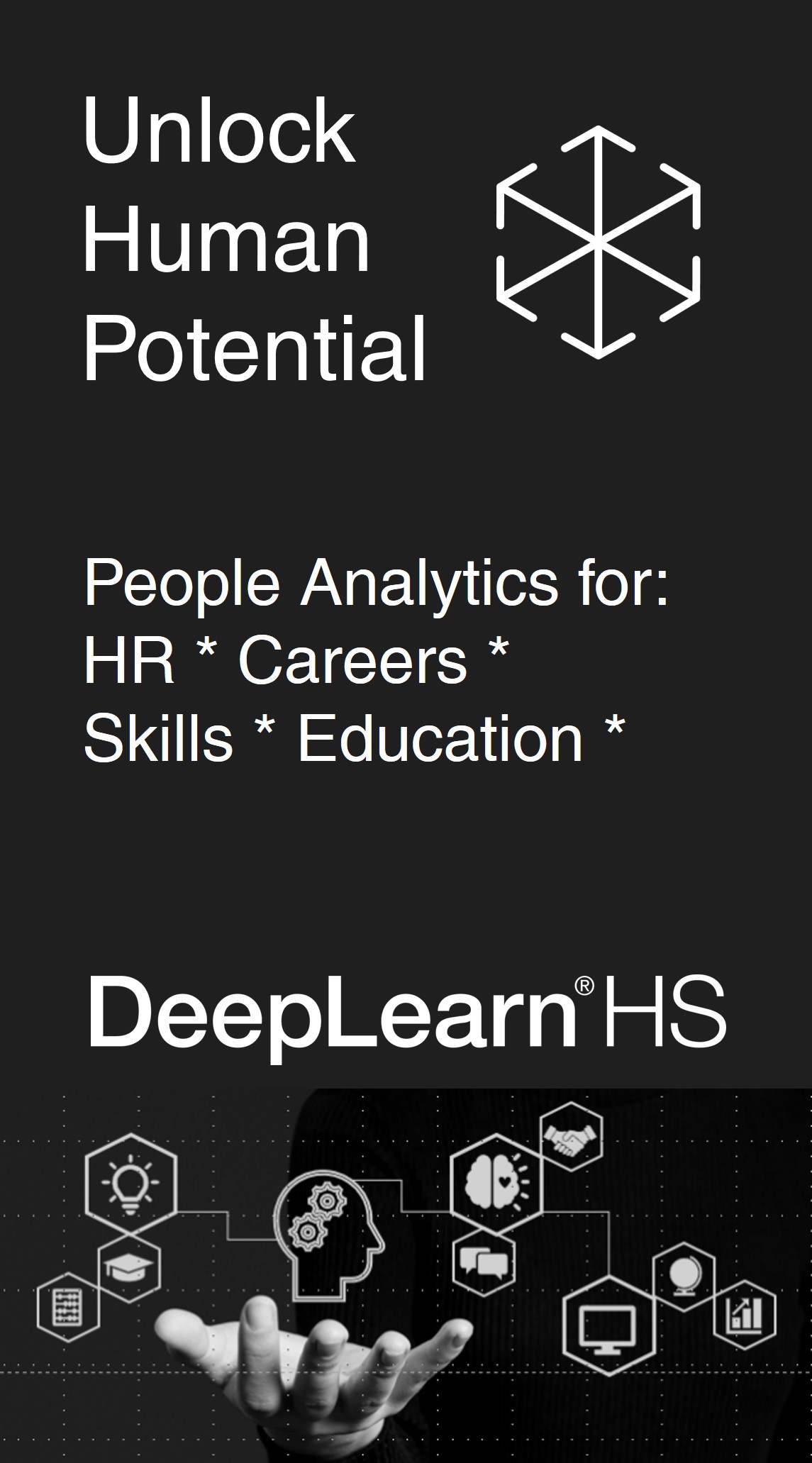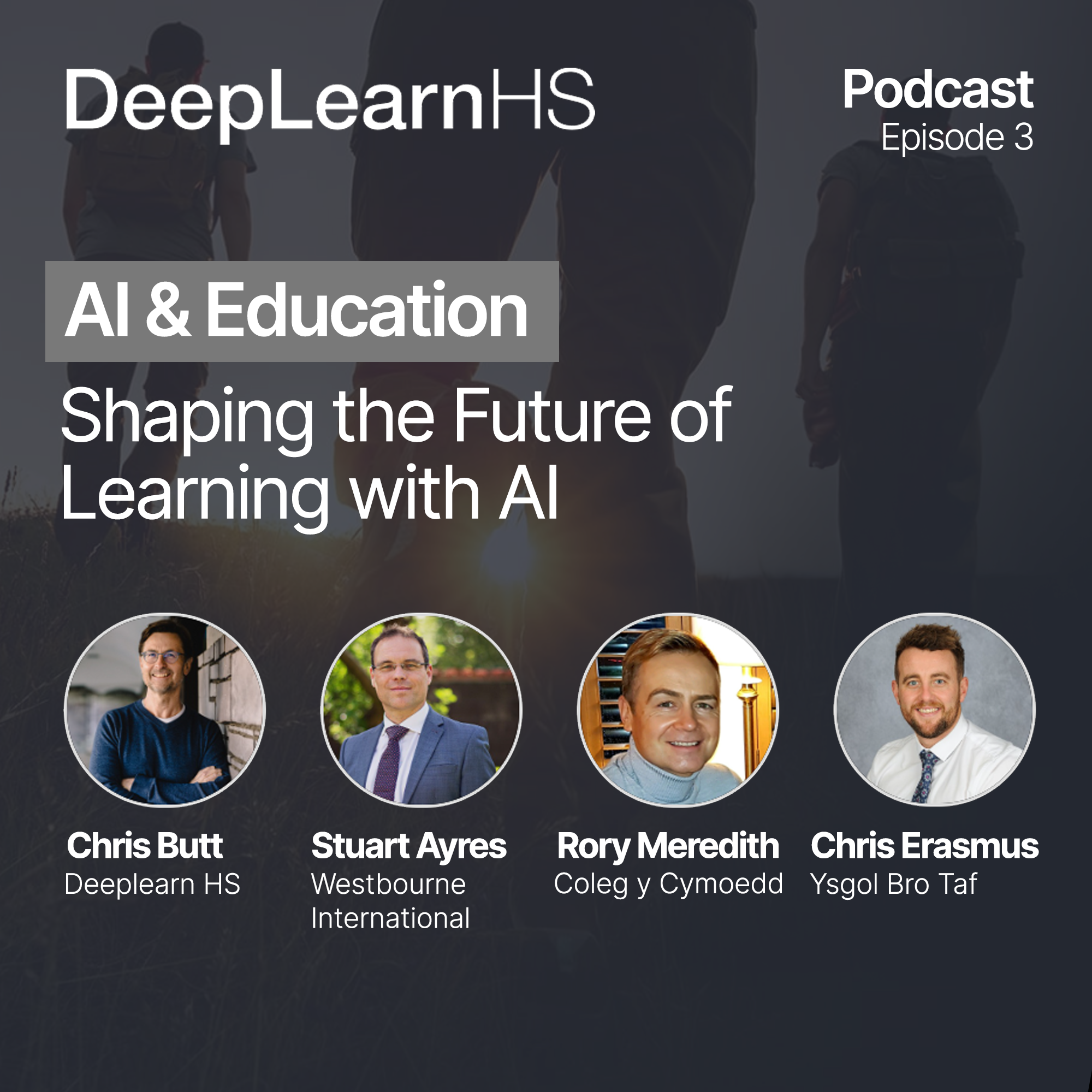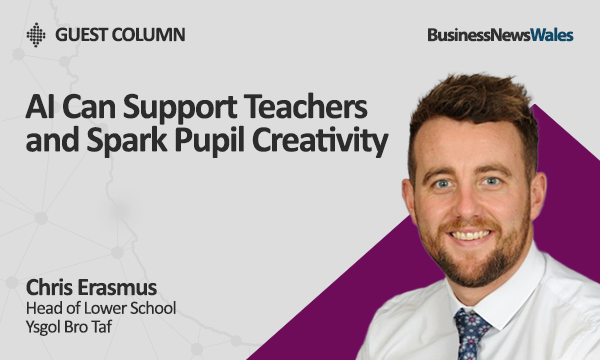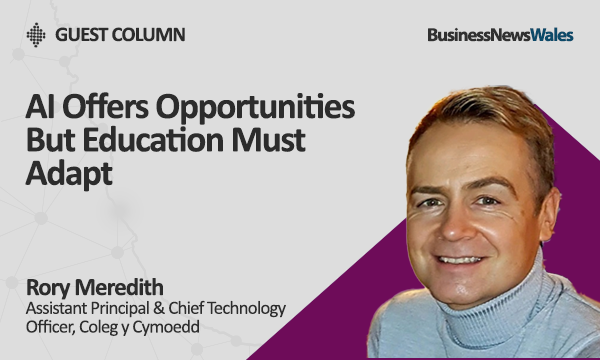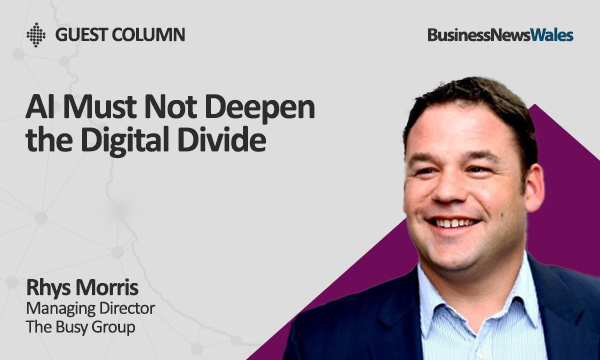
GUEST COLUMN:
Stuart Ayres
Digital Director
Westbourne International
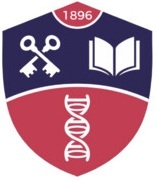
For more than two decades in education, I’ve seen technology evolve from digital whiteboards to virtual learning platforms. But nothing has disrupted the learning experience in quite the same way as AI.
At Westbourne International, we’re working across our schools in Penarth, Sydney and Singapore to ensure students are prepared for a rapidly changing world. That means not only delivering excellent teaching but also embracing the tools that help each learner grow in a way that’s right for them. Increasingly, AI is one of those tools and I believe it represents the most significant shift we’ve seen in education for a generation.
Unlike previous technologies that simply supported how teachers deliver information, AI offers a step change. It doesn’t just help present material differently – it creates new opportunities to personalise learning, diagnose barriers to progress, and build confidence in ways we couldn’t achieve before.
A key example of this is KnowVa Coach, a custom-built AI tool we’ve developed at Westbourne in collaboration with Cardiff University’s Department of Neuroscience and INSEAD Business School. It draws on proven methods such as Socratic Questioning, the Retrieval Technique and the Testing Effect, all grounded in the science of how people learn. The goal is not to replace teachers, but to complement them, allowing students to revise more efficiently and receive instant, high-quality feedback tailored to their own interests and learning needs.
The value of AI here is in freeing up teachers’ time to focus on what matters most: knowing each student and helping them overcome individual challenges. During one recent lesson, I was able to sit with a small group of students who needed targeted support, while the rest of the class worked independently with KnowVa Coach. Each student received personalised feedback from the tool, which adapted its responses in real time to their answers. That allowed me to provide the face-to-face input that would otherwise have been difficult to deliver in a traditional lesson.
What’s particularly exciting is the way AI enables learning to become truly individual. Students can engage with the tool in their preferred language, set interests that shape the content they receive, and work at a pace that suits them.
At its best, AI prompts students to articulate what they know, helping them to uncover gaps in their understanding and build the skills they need to progress.
But to harness this fully, we need a deeper understanding of the neuroscience of learning. We’ve only just started to unlock what’s possible when we diagnose learning needs in detail and design responses that match them. That’s why our partnerships with universities are so important. By working with researchers, we can build better tools that respond more precisely to how different brains learn.
There’s also a need for alignment between schools, universities and employers. If we understand what skills are needed in the world beyond education, we can better shape students’ learning journeys so they’re equipped not just to succeed in exams, but to contribute meaningfully to society. And that takes us to a bigger question: how and why we assess.
AI can produce an essay in seconds, and so asking students to write one as a test of understanding feels increasingly outdated. Instead, we need to think more carefully about what we’re trying to uncover when we assess. What do we really want to know about a student’s understanding – and how might we explore that differently?
AI is not just a delivery mechanism or a content generator. It’s a sparring partner that encourages students to refine their thinking, test their assumptions and express their knowledge more clearly. It helps us create conditions where learning is active, not passive, and where students are better prepared for the complexities of the real world.
There is still much to learn, and plenty of work to do. But what’s clear is that AI gives us a powerful way to support learners, not by replacing teachers, but by enabling more time, more insight and more personalised experiences for every student. That’s what we’re working towards at Westbourne. And it’s what I believe education needs to embrace if we are to unlock the full potential of every young person in our care.
Stuart Ayres talks about this and more in the DeepLearn HS podcast episode AI and Education – Shaping the Future of Learning with AI. Listen to the podcast here.



